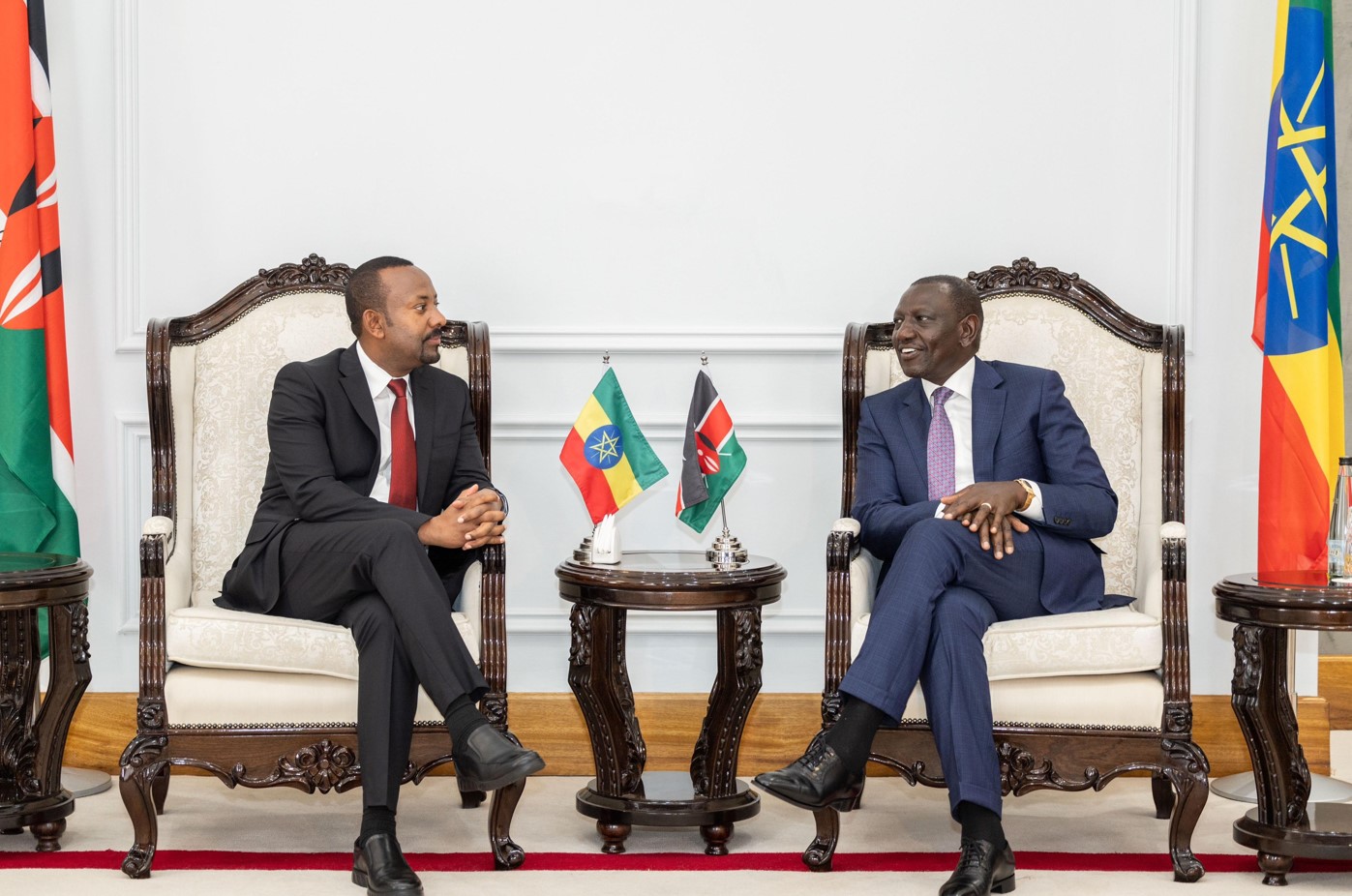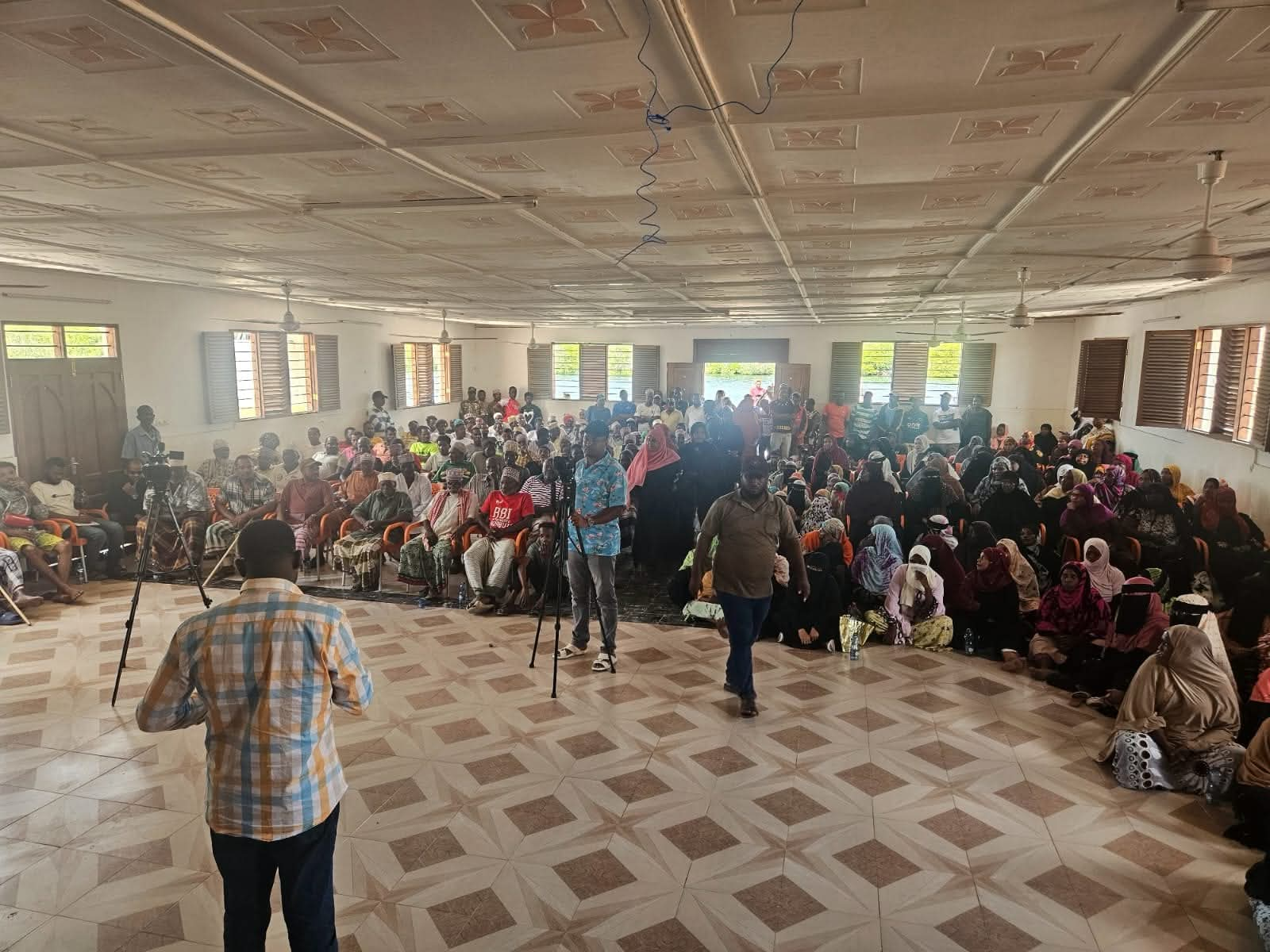Kenya leads in AI innovation, policy development as Africa’s market set to triple by 2030

The report emphasises that while AI is driving innovation, growth, and social impact worldwide, Africa is uniquely positioned to unlock its transformative potential.
Africa has become a key player in the global artificial intelligence (AI) revolution, with its AI market expected to more than triple over the next five years.
According to Mastercard’s latest whitepaper, Harnessing the Transformative Power of AI in Africa, the market will grow from $4.51 billion (Sh582.8 billion) this year to $16.53 billion (Sh2.1 trillion) by 2030.
More To Read
- Editors, reporters challenged to adopt AI but maintain human oversight
- AI in African newsrooms: Can artificial intelligence help tell Africa’s story accurately and at scale?
- AI-powered imaging technology can now detect deadly food toxins, study finds
- If AI takes most of our jobs, money as we know, it will be over. What then?
- From film to digital era: How photography in Nairobi has evolved over the decades
- How hype and Western narratives shape AI reporting in Africa, and what must change
The report emphasises that while AI is driving innovation, growth, and social impact worldwide, Africa is uniquely positioned to unlock its transformative potential.
“The continent’s growing adoption of mobile and digital tools already offers the groundwork for an AI revolution, linking people, companies and public institutions in new ways,” it states.
“One reason Africa is so well suited for AI is its unique demographic and economic landscape. For instance, the continent holds 60 per cent of the globe’s arable land, plus one of the youngest populations in the world.”
Tailored to local needs
These factors create a strong foundation for AI-driven solutions tailored to local needs.
A primary beneficiary of this transformation is agriculture, a vital sector in many African economies.
Currently, Africa’s agricultural productivity is about 56 per cent of the global average, but AI-powered technologies like predictive analytics for crop management and weather forecasting are already making an impact.
By 2050, the continent’s population is projected to grow by 800 million, presenting both challenges and opportunities.
The report confidently asserts that AI will play a crucial role in scaling production, meeting growing consumer demand, and creating jobs.
Kenya stands out as a regional leader in fintech innovation and AI policy development.
Actively developing frameworks
The paper highlights Kenya as the only African member of the International Network of AI Safety Institutes, actively developing frameworks to ensure responsible AI adoption.
This membership underscores Kenya’s leadership in shaping safe, ethical, and globally aligned AI governance across Africa.
In December 2024, Kenya launched the first-ever Diplomats’ Guide for AI and established the School on AI Diplomacy (SAiD) at the Foreign Service Academy.
This initiative aims to equip Kenyan diplomats with the skills and knowledge needed to navigate the global AI landscape and promote the country’s interests in AI discussions.
Despite these advances, the report acknowledges significant challenges remain, including inadequate infrastructure, uneven internet access, and the lack of comprehensive, continent-wide AI governance frameworks—all of which continue to hinder progress in several regions.
Top Stories Today
Reader Comments
Trending












































